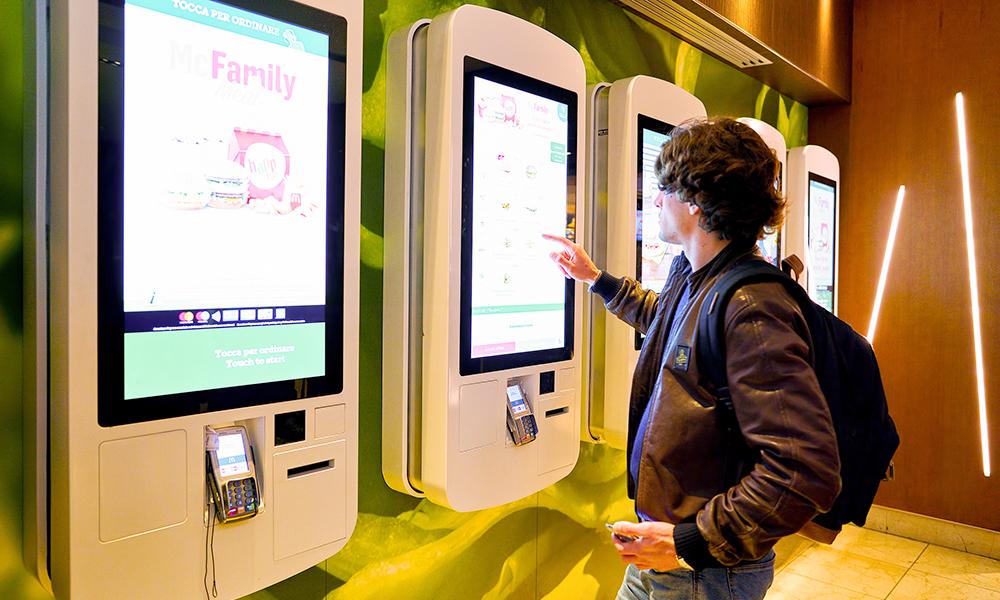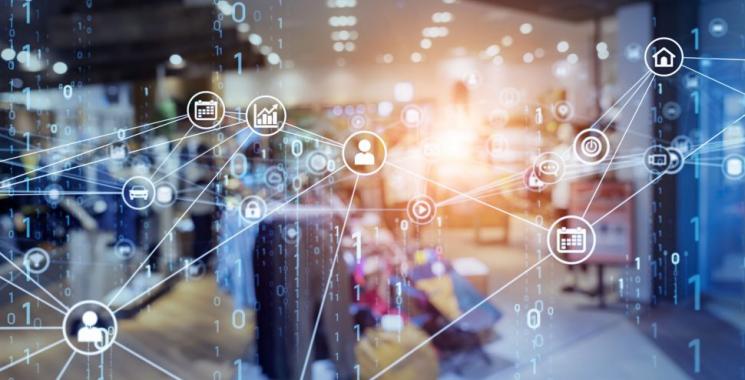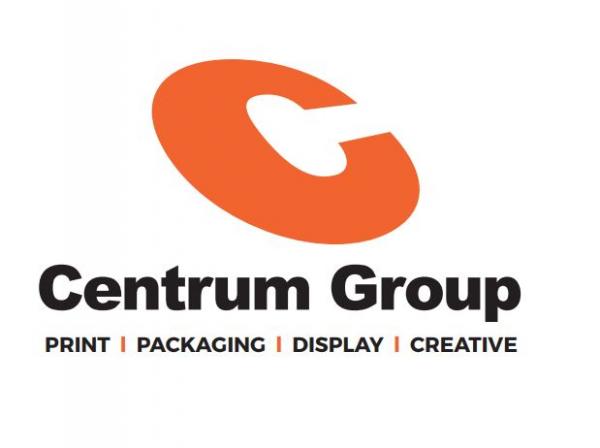
Self-serve technology frees retail associates to step-up service, speed and convenience
Zebra Technologies Corporation (NASDAQ: ZBRA), an innovator at the front line of business with solutions and partners that deliver a performance edge, today released the findings of its 15th Annual Global Shopper Study which confirms shoppers are returning to shop in stores in similar numbers seen prior to the pandemic. They have also embraced self-serve habits as they increasingly use “do-it-yourself” (DIY) technology in stores, allowing more associates more time on the floor to help shoppers.
While nearly 75% of shoppers say inflation has caused them to delay purchases, they’re still returning to stores, but most (76%) want to get in and out as quickly as possible. And they’re willing to help make that happen with their growing affinity for self-serve technology. Shopper interaction across self-serve solutions continues to rise with nearly half of shoppers citing they have used self-checkouts, and almost four-in-10 used cashless payment methods.
43% of shoppers surveyed prefer paying with a mobile device/smartphone (+23pp since 2019) and half prefer self-checkout (up +19pp since 2019) as preference for a traditional check-out register staffed by a person has declined (-20pp since 2019).
A majority of retailers (77%) believe staffed checkouts are becoming less necessary with automation technology, and nearly half are readying their stores, converting traditional check-out spaces to self-serve and contactless options. Shoppers are ready for it; about eight-in-10 expect retailers to have the latest technology, and retailers know it.
Consumers also continue to rely on their smartphones during shopping trips; this year’s usage indicates price sensitivity as over half of those surveyed are checking for sales, specials or coupons, aligning with 68% who are concerned about having to reduce spending to make ends meet.
Shoppers’ “everything experience”
Consumers expect a seamless experience however they shop. 7 in 10 prefer shopping both in-store and online as well as favor online retailers that also offer brick-and-mortar locations. Convenience is king for fulfillment: most shoppers (75%) prefer the option to have items delivered and 64% opt for retailers who offer in-store or curbside pick-up. The same is true for reverse logistics: 8 in10 shoppers prioritize their spending with retailers that offer easy returns. Nearly half of retailers surveyed are converting space in their stores for order pick-up, supporting consumer fulfillment preferences. Mobile ordering continues to increase, with more than 8 in 10 shoppers and 9 in10 millennials using it, and 7 in 10 shoppers want more retailers to offer it.
“Shoppers don’t see channels, they see one shopping experience however they shop,” said Matthew Guiste, Retail Industry Lead, Zebra Technologies. “The days of siloed, omnichannel operations are out of step with how people shop today. A unified commerce approach can help retailers meet shoppers how they shop—online, instore, social, mobile, or any combination—and improve their overall experience.”
While nearly 8 in 10 shoppers are concerned about inflationary price increases on everyday essentials, they’re not necessarily leaving stores without the items they wanted due to price. Associates expressed out-of-stock complaints as their number one frustration. A whopping 76% of shoppers leave without the items they intended to purchase with 49% blaming out-of-stocks. Retailers are painfully aware; 80% acknowledge maintaining real-time visibility of out-of-stocks is a significant challenge, and they need better inventory management tools for accuracy and availability.
Leveraging labour
7 in 10 shoppers are satisfied with help from retail associates, compared to only 37% in 2007. And shoppers, associates and retail decision-makers agree shoppers have a better experience when associates use the latest technology to assist them. But that’s not the only benefit, particularly in the face of labor shortages: most surveyed associates (78%) and retail decision-makers (84%) agree that stores leveraging retail technology and mobile devices attract and retain more store associates as well.
To further improve the shopping experience, 8 in 10 retailers surveyed expect to enable more associates/ seasonal staff to help customers and pick/fulfill online orders for the 2022 holiday season. This also addresses another challenge cited by three-quarters of surveyed retailers: improving online fulfillment efficiency and expense.
“After 15 years of studying shoppers, associates, and retailers, one constant is clear—retail is always changing,” Guiste said. “The expectations, experiences, and behaviours of shoppers, associates and retail executives continue to evolve at an increasingly rapid pace. Only when technology and people come together, both in vision for tomorrow and ability to execute today, can retailers consistently deliver the experiences customers expect. Retail is at a point where technology isn’t just a want or nice to have—it’s a must have.”











